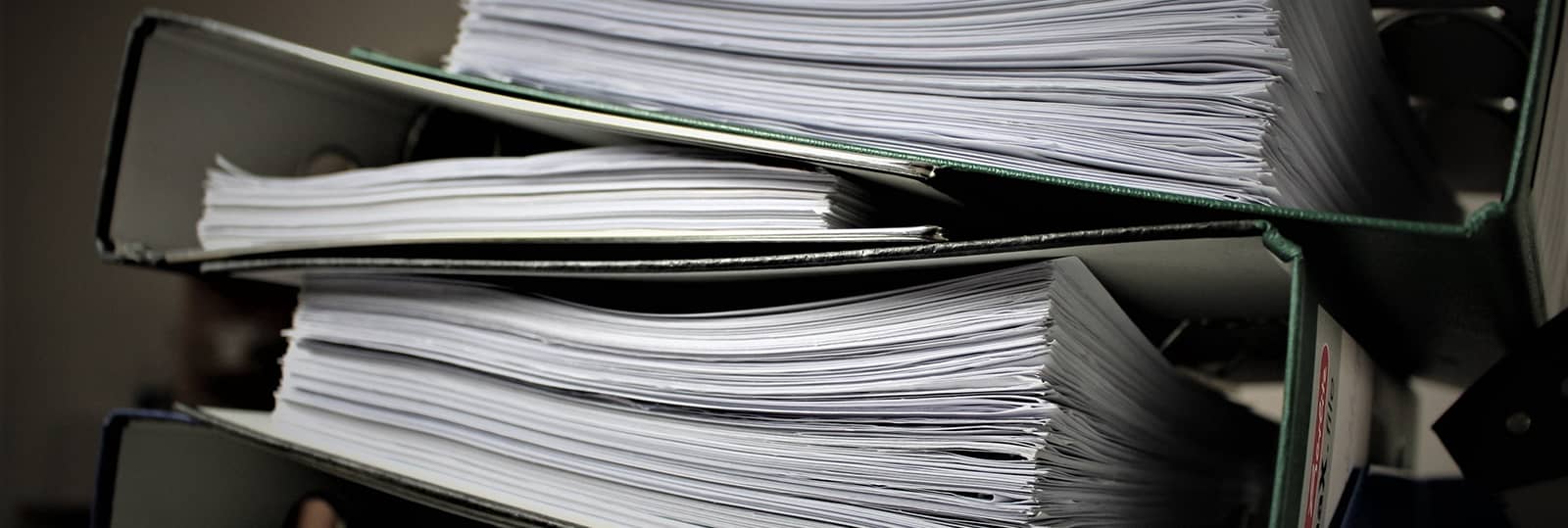Have a criminal record that’s holding you back?
Maybe you’re struggling to find housing, get a job in your field, or be granted a professional license. Perhaps your reputation has been affected by the legal ordeal you’ve faced.
Expungements in the Land of 10,000 Lakes could be your ticket to a better future. Contact a Minneapolis expungements lawyer at Martine Law today to walk you through the legal process.
What is Expungement?
According to Minnesota expungement law, you can expunge a criminal record in specific situations. The legal process of sealing a criminal record—whether it’s an arrest or a conviction—is called expungement. There are two types of expungements available in Minnesota: full and partial.
Partial Expungement in Minnesota
A partial expungement—also called an “inherent authority expungement”—is secured through the court’s authority and requires that the court records for your case be sealed.
Since a judge only has authority over the court, a partial expungement only seals your case in public court records. Any criminal records other government agencies hold on your case won’t be sealed and may still be public information.
Full Expungement in Minnesota
If your case meets specific requirements, the court has the authority to seal your case in both court records and any criminal records in other government agencies. This is often called “statutory expungement” since it’s based on state regulations.
Can I Petition for Expungement in Minnesota?
Minnesota expungement law states that you are entitled to statutory expungement if your case is resolved in your favor.
This means the court’s ruling must have fallen under one of the below situations:
- The jury acquitted you
- The judge dismissed all charges
- The prosecutor dismissed all charges
- You were exonerated after being convicted
In certain situations, however, you may still be able to petition for expungement when the court did not rule in your favor.
These situations include:
- You received a stay of adjudication or completed an ordered diversion program and haven’t had any new charges for a year
- You received a stayed sentence for a misdemeanor or petty misdemeanor and have not had any new criminal convictions for two years
- You received a stayed sentence for a gross misdemeanor and have had no criminal convictions for four years
- You received a stayed sentence for a felony (only certain offenses apply) and have had no criminal convictions for five years
The waiting period usually begins when you’ve been discharged from your ordered probation.
If you need help figuring out if you can petition for an expungement in Minnesota for your case, reach out to a Minneapolis expungements lawyer as soon as possible.
What Crimes Cannot Be Expunged in Minnesota?
While the above situations qualify you for full expungement in most cases involving misdemeanors and gross misdemeanors, the State of Minnesota allows statutory expungement for 50 felonies, including:
- Criminal damage to property
- Forgery and credit card fraud
- Receiving stolen property
- Theft (property less than $5,000)
- Drug charges (fifth-degree)
If you were convicted of a felony, however, certain felonies are not eligible for full expungement but may still be considered for partial expungement:
- Drug offenses (first-degree through fourth-degree)
- Assault
- Domestic violence
- Terroristic threats
- Felonies that require registration
- Burglary
- Felony DWI
The Expungement Process in Minnesota
Each government agency in your case has a legal right to be made aware that you’re requesting expungement. The expungement process for getting your criminal record fully sealed starts with adequately filing a petition with all government agencies holding your case records. If the petition is not filed or served correctly, the court may deny it.
Here’s the process for getting an expungement:
- Fill out expungement forms for your case
- Have the forms notarized
- Schedule a hearing date with the County Clerk (relevant government agencies must have at least 63 days’ notice in advance of the hearing)
- Make copies of the forms for each government agency
- Have the copied forms mailed to the agencies
- File the original petition forms with the court and attend your hearing to learn the court’s decision
Note that you are not permitted to mail these forms to government agencies. Another adult will need to send them for you, and they’ll need to sign an Affidavit of Service with a notary. This is a sworn statement that they mailed them on your behalf.
For this reason, it’s important to show the forms to the person mailing them before the envelopes are sealed so that they know they’re expungement forms and can attest to them on the affidavit.
Reach Out to a Minnesota Expungement Lawyer
A criminal record can damper your future even if you were never convicted. It can impact your employment prospects, housing options, and many other areas of your life. While expungement may be possible for your case, the legal process is complicated, and you would benefit from legal representation. Reach out to an experienced Minnesota expungements attorney who will fight for your future. Contact Martine Law today.









